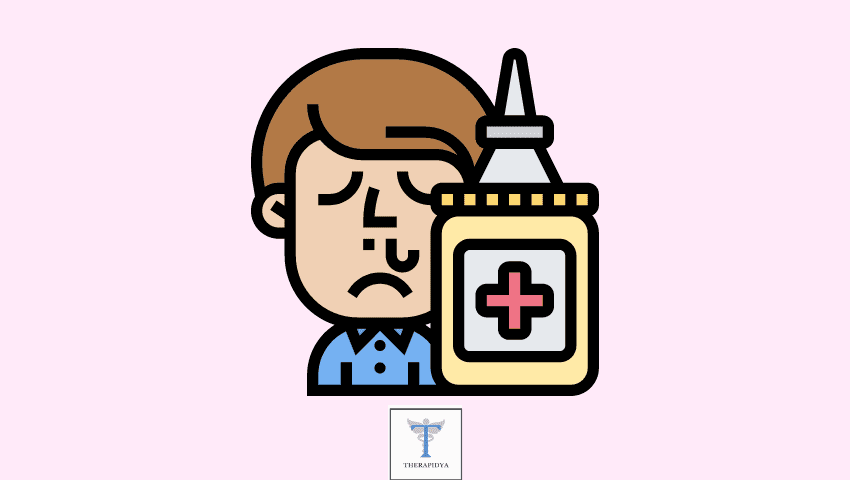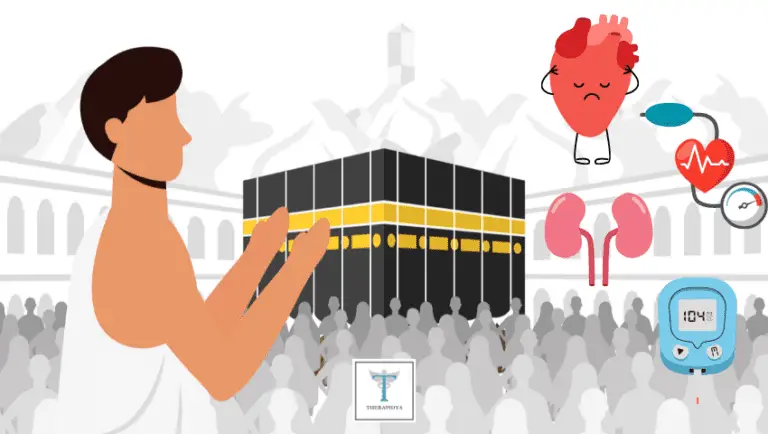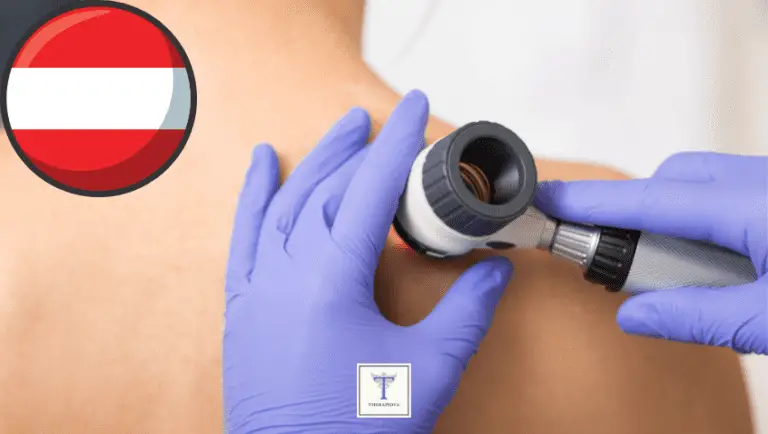Nasal Polyp: Information About Nose Enlargement That May Be of Interest to You .. 2023
In many cases, the nasal polyp swells and becomes infected; if it becomes enlarged, it can cause problems, and the patient must have it removed.
Nasal polyps are glands that can be found on the roof of the mouth, the top of the throat, and behind the nose. These glands are part of the body’s immune system, which detects germs in the nose before they cause disease.

Nasal Polyp: Information About Nose Enlargement That May Be of Interest to You
Regardless of its role, the nasal polyp may swell during its work, in which case its size swells, affecting the patient’s breathing and sleep and may also be painful. More information about this case can be found in the following article.
Enlargement of Nasal Polyps
Continuous nasal polyp enlargement will cause the eustachian tube, which connects the ears and nose and drains fluid from the middle ear, to close.
This obstruction can cause fluid to accumulate in the ear, resulting in recurring ear infections and temporary hearing loss.
If the adenoid hypertrophy is accompanied by symptoms, the doctor may use medications to treat it; if the medications do not work, the doctor may opt for surgery to remove the adenoids.
Because nasal adenoids typically enlarge during childhood but shrink and disappear during adolescence, adenoidectomy is frequently performed during childhood.
Also read: Licorice Oil: 4 Incredible Benefits, Warnings, Side Effects and Interactions
Symptoms of Nasal Adenoids Enlargement
In children, nasal polyp enlargement is associated with a number of symptoms, including the following:
- Breathing with the mouth
- There is no disease causing nasal congestion or a runny nose
- Lips that are chapped and dry
- Breathing is accompanied by a noisy sound
- Otitis media, both recurrent and chronic
- Snoring
- Sleep quality has deteriorated
- Obstructive sleep apnea
These symptoms do not always indicate that the child has an enlarged nasopharynx, but if they appear, a doctor should be consulted.
Treatment of Nasal Polyp
Medications
Nasal polyp treatment typically begins with medications, which can cause even large polyps to shrink or disappear. Among the possible drug treatments are:
Corticosteroids in the nose. To reduce swelling and irritation, your doctor will most likely prescribe a corticosteroid nasal spray. This treatment may cause the polyps to shrink or disappear entirely.
Fluticasone (Flonase Allergy Relief, Flovent HFA, Xhance), budesonide (Rhinocort), mometasone (Nasonex, Asmanex HFA), triamcinolone (Nasacort Allergy 24HR), beclomethasone (Beconase AQ, Qvar Redihaler, Qnasl), and ciclesonide are examples of nasal cor (Omnaris, Alvesco, Zetonna).
Corticosteroids, both oral and injectable. If a nasal corticosteroid fails to work, your doctor may prescribe an oral corticosteroid, such as prednisone, either alone or in conjunction with a nasal spray.
Because oral corticosteroids can have serious side effects, they are usually only used for a short period of time.
If the nasal polyps are severe, injectable corticosteroids may be used.
Treatment for nasal polyps and chronic sinusitis. If you have nasal polyps and chronic sinusitis, your doctor may prescribe dupilumab (Dupixent) injections to treat your condition. This medication may help to reduce the size of nasal polyps and relieve congestion.
Other medicines. Drugs may be prescribed by your doctor to treat conditions that contribute to long-term swelling in your sinuses or nasal passages. Antihistamines may be used to treat allergies, and antibiotics may be used to treat a chronic or recurring infection.
Some patients with nasal polyps and aspirin sensitivity may benefit from aspirin desensitization under the supervision of an allergy specialist with desensitization experience.
When is It Necessary to Remove a Nasal Polyp?
Before removing the nasal polyps, the doctor will gather as much information about the patient’s medical history as possible, and the adenoidectomy is useful in the following cases:
- The patient snores and has sleep disturbances
- Recurrent ear infections that do not respond to antibiotics
- Ear pain is caused by fluid buildup in the ear
- Recurrent rhinitis that does not respond to antibiotics
- Inability to sleep at night causes laziness and extreme drowsiness during the day
- Sleep deprivation causes learning difficulties
What Exactly Happens During an Adenoidectomy?
Adenoidectomy is typically performed under general anesthesia, so the patient is not aware of any discomfort. It is critical to avoid eating or drinking for several hours before surgery in order for the patient not to vomit.
In the normal position, the surgery takes less than an hour, and the patient is able to go home the same day with no complications.
Adenoidectomy Risks
In general, the procedure to remove the nasal polyp is safe and does not result in any health complications, but there are some risks that the patient may face, which include the following:
- Swelling happens
- Extremely hot
- Vomiting and nausea
- Throat pain
- The ear is hurting
- Have bad breath
Recuperation Following Surgery
The doctor may prescribe pain relievers, but aspirin should not be given to a child.
In general, recovery from surgery takes one to two weeks, and the following suggestions will help you heal faster:
- To avoid dehydration, drink plenty of fluids.
- To avoid irritating the throat, eat soft foods.
- Preventing the child from attending school or nursery until he is able to eat normally again.
- After surgery, you should avoid flying for about two weeks.
What is nasal polyp icd10 Code?
Unspecified nasal polyp icd10 is J33.9 that can be used to indicate a diagnosis in order to receive reimbursement.
This post is also available in: Nederlands (Dutch) Français (French) Deutsch (German) Türkçe (Turkish) Български (Bulgarian)






